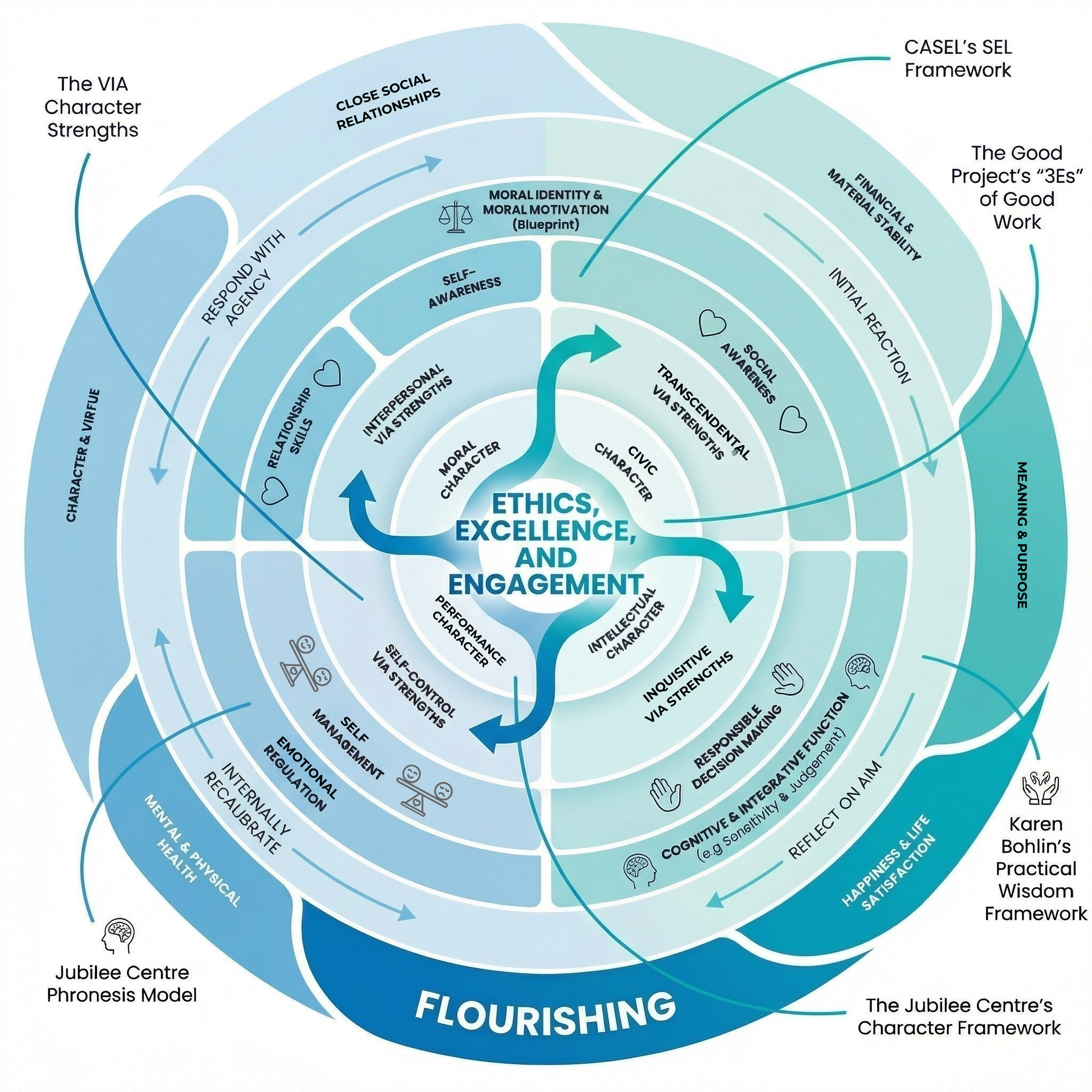by Wendy Fischman
Today is the second day of the Expeditionary Learning (EL) National Conference 2010, in Kansas City (where the temperature outside seems to be “warming up” to a whopping 30 degrees!). The conference has been inspiring and powerful thus far, and even more so for us on the GoodWork Project because of its focus on “good work.”
Lynn and I are facilitating two “master classes” in which we have about 40 participants in each—teachers, administrators, and counselors at schools engaged with EL practice. (For more information about this organization, please visit their website, link below). We planned a similar course outline to others we have facilitated in the past. In the course, we ask educators to reflect on their own work lives and to consider their own goals, objectives, and interests in education. Participants pair-up and interview each other with 5 questions:
– What initially attracted you to your work?
– What kinds of things are you trying to accomplish in your work right now?
– What are you hoping will be the greatest impact of the work you are currently doing?
– How do you define success?
– What direction do you see for the future of your own career?
Although each course takes different shape, participants share similar feedback about this activity. Specifically, they report that considering these questions is a helpful and rare opportunity to think about their own work, and that the question about success is the most difficult. This is not a surprise to us, we hear this from most participants.
Why is it that it is so hard to define success in this domain?
We frequently hear educators struggle with the definition of success. For most educators, it is defined through the actions, behaviors, and performances of the students, and rarely about themselves (even though educators’ work is focused on students). So, for example, students’ improved test scores, engagement of students who are not usually “present” in the classroom, or students coming back to thank their teachers for the impact they had on their lives —are all indicators and signs of success for educators. But what about the educators themselves?
One participant in the EL conference talked about a personal dilemma he faced in teaching. At one point in his career, he taught individuals who were going into teaching. There was at least one student that he felt was not ready to become an independent teacher—he was concerned about his lack of skills for future students. This participant was faced with the decision about whether to pass this student or to confront him with honesty and hold back his career plans. This dilemma reminds me of the story of Steven in the Toolkit, an engineering professor that faces a dilemma about grade inflation. Even though he was in a university setting that supported grade inflation to move students swiftly through the program, he refused to compromise his values of honesty and integrity—and only gave students the grades that reflected their work and progress, even if these grades were not always favorable. We’ve heard similar pressures from other educators who have participated in our courses. For example, an administrator told us she was pressured by a superintendent to fabricate attendance records of students in an inner city school. And a teacher, who when she covered for a colleague on maternity leave, discovered that students were not being graded fairly. She struggled to decide whether to make other administrators aware of this (and jeapordize her colleague’s job) or just let it go.
In all these cases, the stories are complex. One EL participant stated that she likes to let students know that lives are complicated—there are not always going to be easy “right” and “wrong” answers, but that students should be equipped with experiences and skills that help them make the best choices at that time. This is exactly the purpose of the GoodWork Toolkit. And we believe that with these genuine, real complexities, thinking about tough choices in terms of levels of responsibility is helpful: responsibility to self, responsibility to others (colleagues, peers), responsibility to workplace, responsibility to domain, and responsibility to society. These different responsibilities do not necessarily make decisions any easier, but they do provide a framework that can be used to think deeply about the choices with which we are confronted and the consequences of our decisions.
All of this gets me back to that pesty topic of success. I believe it is hard for educators to talk about success because there is no alignment in the domain about this issue. In general, politicians believe success is favorable numbers (test scores, attendance numbers, etc.). Students strive to excel and move to the next grade. Parents may define success as having their children get into top colleges and eventually get good jobs. For teachers, it is different. At least for teachers involved with EL, success is about thinking deeply, being able to solve problems, being a “good” citizen, and pushing the boundaries. We have a lot to learn from this group.





